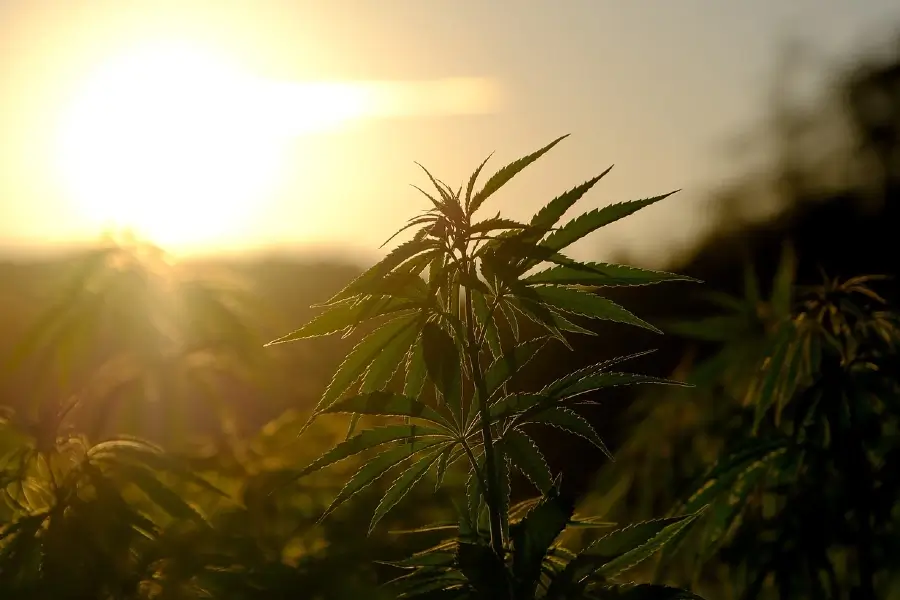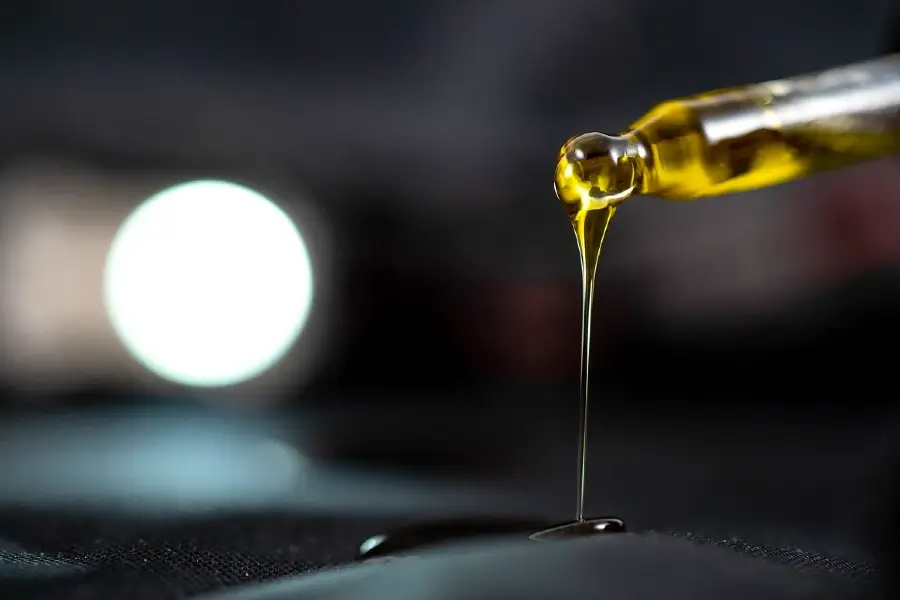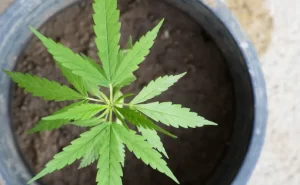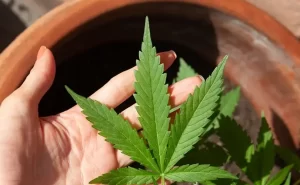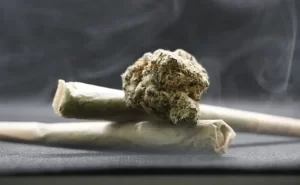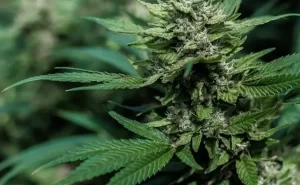Cannabis is Removed from Schedule 1 and Placed in Schedule 3
According to a report issued by HHS on August 30, 2023, the cannabis plant should be transferred from Schedule I to Schedule III of the Controlled Substances Act (CSA). A scientific review of cannabis concluded that the herb has acknowledged medical applications and a low risk of abuse and addiction.
Schedule I, the most restricted schedule under the CSA, includes drugs having a high potential for abuse and no proven medical benefit. Substances in Schedule III have a moderate to low addiction potential and are recognized for therapeutic use. Moving cannabis to Schedule III would allow for more study on its therapeutic properties as well as more accessible prescriptions for patients.
Finally, the Drug Enforcement Administration (DEA) makes a drug rescheduling decision
With this suggestion, the HHS has taken a significant step toward federal cannabis legalization. Nonetheless, cannabis is not automatically reclassified by the guidelines. Finally, the Drug Enforcement Administration (DEA) makes a drug rescheduling decision, and it is expected to take several months to evaluate the HHS recommendation.
Legalization supporters would be ecstatic if the DEA relegated cannabis to Schedule III. As a result, cannabis would be classed as a medicinal rather than a hazardous substance. Several shifts could occur as a result of this, including:
More studies on cannabis’s potential health benefits
Medical marijuana prescriptions is rising
Developing innovative cannabis-based medications
More states are legalizing cannabis
Because cannabis is a restricted drug, the DEA will continue to monitor its use
Moving cannabis to Schedule III would not make recreational use legal, but it is still an important thing to note. Because cannabis is a restricted drug, the DEA will continue to monitor its use.
The recent request by the United States Department of Health and Human Services (HHS) to reclassify cannabis from Schedule I to Schedule III represents a significant victory for cannabis legalization. Cannabis would be classified alongside other drugs that are thought to have a lower potential for abuse and dependency, such as codeine and anabolic steroids.
Cannabis’s nationwide legalization and regulation could pave the way
A DEA rescheduling of cannabis would be a big triumph for supporters and might have far-reaching consequences. To begin, it has the potential to pave the way for additional research into cannabis’ therapeutic use. Due to the drug’s Schedule I classification, researchers’ ability to investigate its possible therapeutic advantages has been constrained.
Cannabis laws and usage may change due to the rescheduling process. Cannabis’s nationwide legalization and regulation could pave the way for its responsible and safe usage.
The possibility of record expungement or sentencing reductions for persons convicted of nonviolent cannabis-related offenses has the potential to transform the criminal justice system.
HHS plan to shift cannabis from Schedule I to Schedule III is an excellent step toward legalization
Cannabis would also be rescheduled based on economic grounds. It has the potential to open up new opportunities for cannabis-related businesses, resulting in increased employment and tax revenue for all levels of government. It also encourages the development of cannabis-related services and products such as oils, tinctures, and edibles.
The HHS plan to shift cannabis from Schedule I to Schedule III is an excellent step toward legalization. This is good news for people who believe cannabis should be legalized and carefully governed, even though there is still a long way to go. Moving cannabis from Schedule 1 to Schedule 3.
According to a report issued by HHS on August 30, 2023, the cannabis plant should be transferred from Schedule I to Schedule III of the Controlled Substances Act (CSA). A scientific review of cannabis concluded that the herb has acknowledged medical applications and a low risk of abuse and addiction.
Substances in Schedule III have a moderate to low addiction potential and are recognized for therapeutic use
Schedule I, the most restricted schedule under the CSA, includes drugs having a high potential for abuse and no proven medical benefit. Substances in Schedule III have a moderate to low addiction potential and are recognized for therapeutic use. Moving cannabis to Schedule III would allow for more study on its therapeutic properties as well as more accessible prescriptions for patients.
With this suggestion, the HHS has taken a significant step toward federal cannabis legalization. Nonetheless, cannabis is not automatically reclassified by the guidelines. Finally, the Drug Enforcement Administration (DEA) makes a drug rescheduling decision, and it is expected to take several months to evaluate the HHS recommendation.
Moving cannabis to Schedule III would not make recreational use legal, but it is still an important thing to note
Legalization supporters would be ecstatic if the DEA relegated cannabis to Schedule III. As a result, cannabis would be classed as a medicinal rather than a hazardous substance. Several shifts could occur as a result of this, including:
More studies on cannabis’s potential health benefits
The number of medical marijuana prescriptions is rising
Developing innovative cannabis-based medications
More states are legalizing cannabis
Moving cannabis to Schedule III would not make recreational use legal, but it is still an important thing to note. Because cannabis is a restricted drug, the DEA will continue to monitor its use.
The recent request by the United States Department of Health and Human Services (HHS) to reclassify cannabis from Schedule I to Schedule III represents a significant victory for cannabis legalization. Cannabis would be classified alongside other drugs that are thought to have a lower potential for abuse and dependency, such as codeine and anabolic steroids.
A DEA rescheduling of cannabis would be a big triumph for supporters and might have far-reaching consequences. To begin, it has the potential to pave the way for additional research into cannabis’ therapeutic use. Due to the drug’s Schedule I classification, researchers’ ability to investigate its possible therapeutic advantages has been constrained.
Cannabis’s nationwide legalization and regulation could pave the way
Cannabis laws and usage may change as a result of the rescheduling process. Cannabis’s nationwide legalization and regulation could pave the way for its responsible and safe usage.
The possibility of record expungement or sentencing reductions for persons convicted of nonviolent cannabis-related offenses has the potential to transform the criminal justice system.
Cannabis would also be rescheduled based on economic grounds. It has the potential to open up new opportunities for cannabis-related businesses, resulting in increased employment and tax revenue for all levels of government. It also encourages the development of cannabis-related services and products such as oils, tinctures, and edibles.
The HHS plan to shift cannabis from Schedule I to Schedule III is an excellent step toward legalization. This is good news for people who believe cannabis should be legalized and carefully governed, even though there is still a long way to go.
